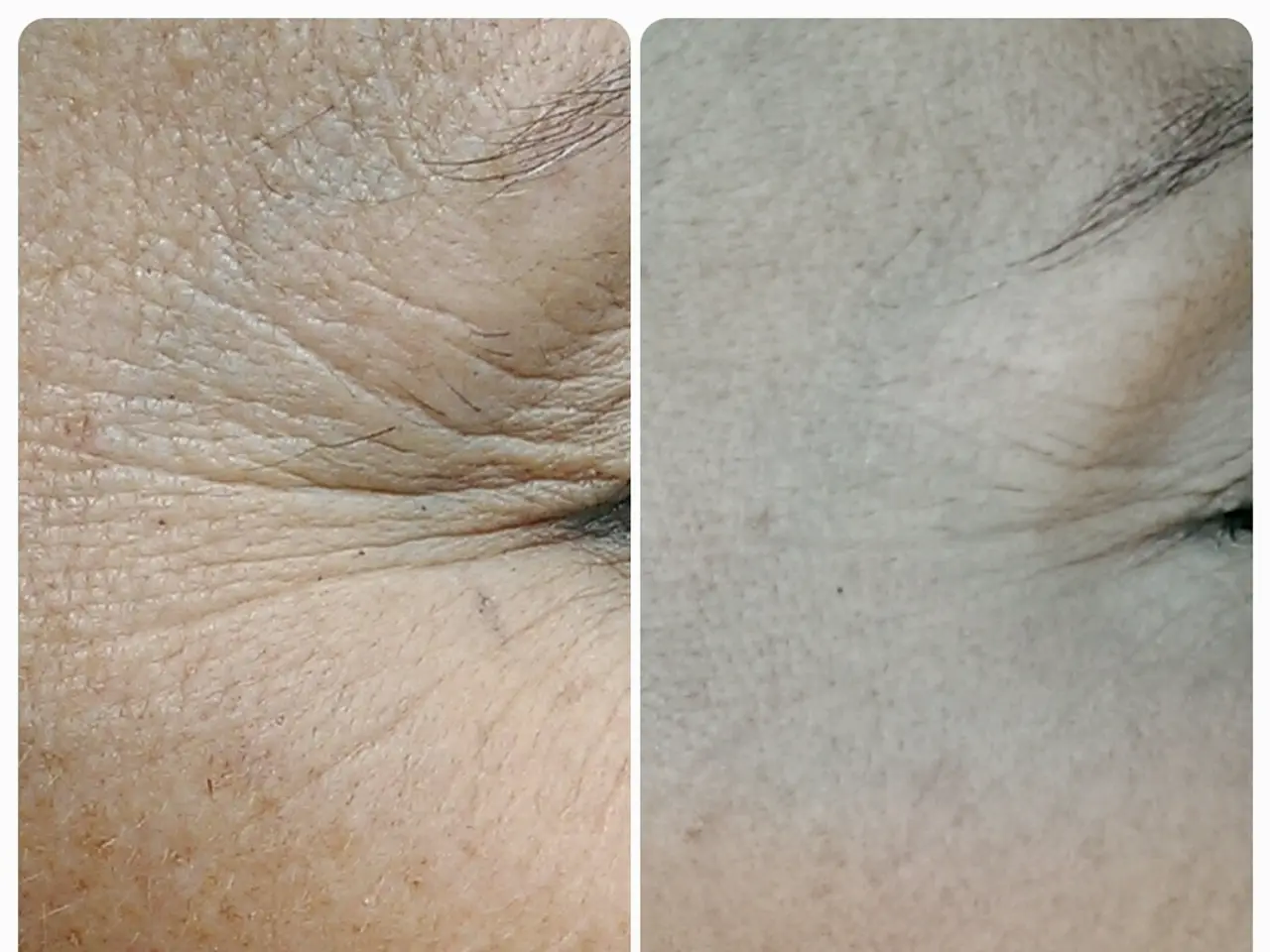The Reason Behind Adolescent Acne Outbursts: Exploring the Causes of Acne in Teenagers
In the teenage years, acne is a common and often challenging skin condition. This article explores the causes, symptoms, and effective management strategies for teenage acne.
Acne among teenagers is primarily driven by hormonal changes during puberty, particularly increased levels of androgens like testosterone. These hormones stimulate the sebaceous (oil) glands in the skin to produce excess sebum, which, when combined with dead skin cells, clogs pores and creates an environment favourable to acne-causing bacteria, leading to pimples, blackheads, and cysts.
Genetics also play a significant role in determining who develops acne and how severe it becomes. A genetic predisposition can make certain individuals more prone to chronic or severe acne.
Poor diet and environmental factors, such as excessive sebum production, can trigger or exacerbate acne. Diets high in refined carbohydrates and sugar, as well as dairy products, may contribute to acne in some individuals. Stress and sleep deprivation can also worsen acne in teenagers.
Improper skincare practices, such as over-washing or using harsh skincare products designed for adults, can irritate sensitive teenage skin and worsen acne. Certain medications might also contribute to acne flare-ups.
Effective management and prevention strategies involve gentle skincare routines, avoiding over-washing, targeted treatments, stress management, healthy lifestyle habits, and medical consultation when needed. A consistent skincare routine that includes cleansing, moisturizing, and sun protection, using non-comedogenic products and avoiding harsh scrubbing, is essential.
Products formulated to reduce oiliness, unclog pores, and soothe inflammation are beneficial. Organic and natural skincare options tailored for teen skin can also be effective. For moderate to severe acne, consulting a dermatologist is important for personalized treatment, which may include topical or oral medications addressing hormonal or bacterial factors.
In some cases, dermatologists may recommend professional procedures like chemical peels, laser therapy, or light-based treatments for stubborn acne or post-inflammatory hyperpigmentation.
It's important to note that teenage skin differs from adult skin, with increased sebum production and rapid cell turnover, making it more prone to acne. Providing emotional support and encouraging healthy habits can make a significant difference in how teens cope with acne.
Teens who feel self-conscious about their acne may avoid social situations, feel embarrassed about their appearance, or perceive themselves as less attractive. Studies show that teens with acne are more likely to experience anxiety, depression, and low self-confidence. Encouraging teens to seek medical advice for their acne, rather than struggling with it alone, can help mitigate these psychological effects.
With time, patience, and care, the skin often improves as teens transition out of adolescence, leaving them with a clearer complexion and a stronger sense of self-assurance. Acne is temporary and manageable with the right approach, understanding the causes of acne, and implementing effective treatments can help teens navigate this common skin condition with greater confidence.
Early intervention with over-the-counter treatments or a dermatologist's guidance can prevent acne from becoming more severe or causing permanent scarring. Over-the-counter products containing active ingredients such as benzoyl peroxide, salicylic acid, and retinoids can be effective for mild to moderate acne.
Acne is a common skin condition among teenagers, characterized by pimples, blackheads, whiteheads, and sometimes painful cysts. Acne is temporary and manageable with the right approach, understanding the causes of acne, and implementing effective treatments can help teens navigate this common skin condition with greater confidence. For more severe cases of acne, dermatologists may prescribe stronger treatments like topical retinoids, antibiotics, and hormonal therapies.
In conclusion, a combination of lifestyle adjustments, gentle skincare routines, and professional care when needed offers the best approach to managing and preventing acne in teenagers. Encouraging teens to seek medical advice and emotional support can help them navigate this challenging period with greater confidence and self-assurance.
- Hormonal changes during puberty, increased levels of androgens like testosterone, genetics, poor diet, environmental factors, stress, sleep deprivation, and improper skincare practices contribute to acne in teenagers.
- Diets high in refined carbohydrates, sugar, and dairy products, as well as poor sleep and stress, can trigger or exacerbate acne in teenagers.
- A consistent skincare routine that includes cleansing, moisturizing, and sun protection, using non-comedogenic products, and avoiding harsh scrubbing, can prevent irritation and worsening of acne in teenagers.
- Products formulated to reduce oiliness, unclog pores, and soothe inflammation, organic and natural skincare options tailored for teen skin, and professional procedures like chemical peels, laser therapy, or light-based treatments can help manage and reduce acne in teenagers.
- The psychological effects of acne, such as anxiety, depression, and low self-confidence, can be mitigated by providing emotional support and encouraging teens to seek medical advice for their acne.




